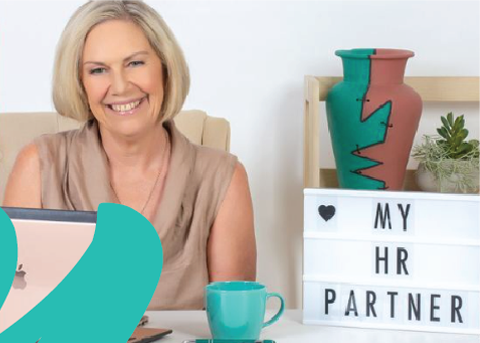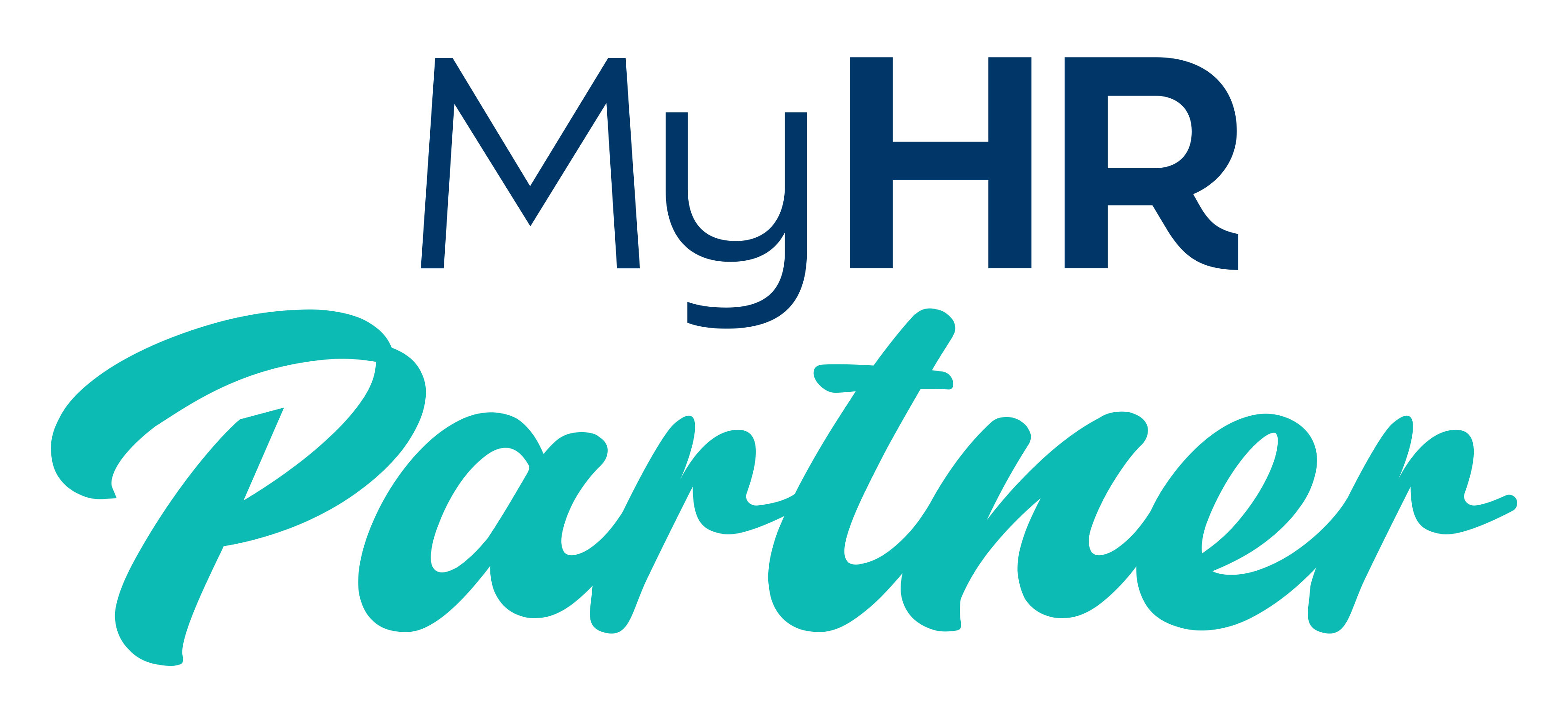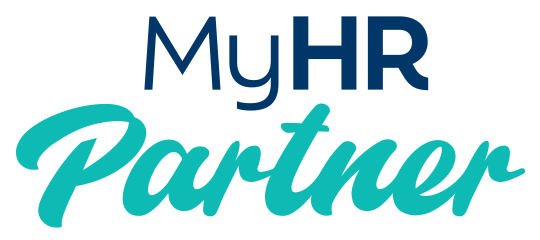
Get the HR support your business
needs, when you need it, without the
need to sign up to a subscription.
My HR Partner provides 15 minute & 30
minute HR Advice calls so you can get the advice and support you need.
Your own HR expert, ready to take your call
to walk you through situations that arise.
If you need HR support or advice, but you
don’t need on-going, on-demand HR support you can book in for a call & pay for HR advice when you need it.
HR Advice calls
Get HR support, exactly when you need it—no subscription required.
Or you can get advice by email if you prefer
Quick, Expert HR Support
In this 15-minute HR Advice Call, you’ll get direct access to expert guidance on your pressing HR questions. Whether you need help with compliance, employee management, or workplace policies, we’re here to provide clear and practical advice. It’s the perfect solution for when you need fast, reliable HR support to address immediate concerns and ensure your business stays on track.
15 minutes is usually enough time to get the answers you
need if your issue isn’t too complex.
Book in for a 15 minute HR advice call
$85
If you think your issue will take more than 15 minutes to discuss…..
In-Depth HR Advice call
Our 30-minute HR Advice Call gives you the time and expert support you need to dive deep into your HR challenges. Whether it’s handling complex employee issues, navigating compliance concerns, or refining your HR policies, this session provides tailored advice and actionable solutions. It’s ideal for businesses that need more detailed guidance to address ongoing HR matters or plan ahead for future needs.
Book in for a 30 minute HR advice call
$160
15 minutes is usually enough
time to get the answers you need
if your issue isn’t too complex.
Book in for a 15 minute
HR advice call
$85
If you think your issue will take more
than 15 minutes to discuss…..
Book in for a 30 minute
HR advice call
$160
Focus on running your
business & let us help you manage your people.

Get HR support, exactly when you need it—no subscription required.
We offer 15 & 30 minute HR advice calls, giving you access to the guidance & support you need, when you need it.
Prefer email? You can get HR advice that way too.
Your personal HR expert is ready to assist, walking you through any challenges as they arise.
If you need HR support or advice without the commitment of ongoing services, simply book a call and pay for HR expertise on demand, only when it suits you.
Our Latest Blog Post

Kindness and Empathy in the Workplace: Why It’s Good for People—and the Bottom Line
Kindness and Empathy in the Workplace: Why It’s Good for People—and the Bottom Line
Kindness and empathy might sound like soft concepts. Nice-to-haves. The warm and fuzzy stuff reserved for motivational posters and the occasional feel-good email. But in today’s workplaces, these traits are fast becoming more than a "nice to have" but they are now business imperatives—and smart business owners and leaders are paying attention.
Let’s be clear: kindness isn’t weakness. Empathy isn’t a distraction. They’re power skills. Strategic advantages. And when embedded into your workplace culture, they don’t just make people feel better (although they certainly do)—they make your business perform better too.
First, a Quick Reality Check
The modern workplace is undergoing a quiet revolution. Employee expectations have shifted. People want more than a pay packet and maybe a few other perks. They want to feel valued, respected, and understood. They want to work somewhere that aligns with their values. Somewhere human.
And let’s face it: with mental health challenges on the rise, burnout still bubbling away post-pandemic, and ongoing change fatigue, businesses need to do more than manage performance—they need to support the humans behind the KPIs.
That’s where kindness and empathy come in. They’re not a fluffy bandaid. They’re a foundation.
So What Does Kindness Look Like at Work?
Spoiler alert: it’s not just about muffins at morning tea (although, let’s be honest, muffins help at any time! ).
Workplace kindness is practical. It’s listening without interrupting. It’s giving feedback with care. It’s checking in when someone’s off their game. It’s saying thank you—and meaning it. It’s making space for vulnerability, not punishing it.
In leadership, kindness is giving people clarity and consistency. It’s not sugarcoating the hard stuff but delivering it with respect. It’s having the tough conversations because you care—not in spite of it.
And in practice, kindness means setting up systems and policies that value people as people. Think flexible work, honest gratitude, genuine wellbeing initiatives, inclusive communication, and leaders who lead with heart.
Empathy: The Business Superpower
Empathy takes things a step further. It’s not just being nice—it’s understanding how others feel and responding accordingly. It’s what allows leaders to connect and support, and teams to thrive.
Companies that foster empathy don’t just have happier teams—they’re more innovative and more productive too. Why? Because empathy builds trust, and trust is rocket fuel for collaboration, creativity, and commitment.
Empathy also makes us better at handling conflict and problems (which are inevitable), and navigating change (which is constant). It helps us move from the attitude of “what’s wrong with them?” to “what’s going on for them?” That shift in perspective changes everything.
The ROI of a Kindness Culture
Let’s talk money. Because yes—kindness has an ROI.
Studies consistently show that psychologically safe, empathetic workplaces outperform those that rely on fear, silence, or status. Employees in caring cultures are:
More engaged: They’re emotionally invested in their work and more likely to go the extra mile.
More loyal: They stick around longer, saving you on recruitment and onboarding costs.
More collaborative: They share knowledge and support their teammates.
More resilient: They bounce back faster from setbacks.
Less burnt out: They have better mental health, which means fewer sick days and higher productivity.
A Gallup study found that teams with high employee engagement (a close cousin of empathy and kindness) are 21% more profitable. That’s not just warm and fuzzy—that’s warm and fuzzy with a bottom-line boost.
But What If Kindness Gets Taken Advantage Of?
Ah yes, the classic fear: “If we’re too kind, people will slack off.”
Let’s debunk that.
True kindness isn’t about letting people get away with not doing their job. It’s not avoiding accountability. In fact, some of the kindest things you can do as a leader involve setting clear expectations, giving honest feedback, and calling people in when they miss the mark. Letting things go on without addressing them can be much worse.
Kindness doesn’t remove boundaries—it reinforces them with respect. It creates safety, not softness. And people tend to rise to the level of the environment around them. Create a culture of care, and you’ll see performance lift—not fall.
Building a Culture of Empathy and Kindness
So how do you bring this to life in your business?
Here are a few practical starting points:
Be the example: Leaders set the tone.
Teach it: Don’t assume people know how to show empathy—teach them.
Create space for conversation: Real connection needs time and intention.
Celebrate it: Reward acts of kindness and empathy in real, visible ways.
Embed it into your systems: From hiring to performance management and performance reviews, make empathy and kindness part of all process.
And importantly, don’t let it be a one-off. Make it part of everything you do.
Final Thoughts: It’s Not Just About Feeling Good. It’s About Doing Good.
Kindness and empathy aren’t fluffy extras—they’re the glue that holds strong, modern workplaces together. They create environments where people don’t just survive—they thrive. And when your people thrive, your business does too.
In a world that’s increasingly automated, fast-paced, and disconnected, being the workplace that leads with heart isn’t just nice—it’s a competitive edge.
So go on—be kind. Empathise. Lead with humanity.
Your team will thank you. And so will your bottom line.
We provide HR advice and support. We have trusted partners to assist with any employment law issues
outside of our scope.
More info

Get HR Advice from our HR expert
Our Latest Blog Post

Kindness and Empathy in the Workplace: Why It’s Good for People—and the Bottom Line
Kindness and Empathy in the Workplace: Why It’s Good for People—and the Bottom Line
Kindness and empathy might sound like soft concepts. Nice-to-haves. The warm and fuzzy stuff reserved for motivational posters and the occasional feel-good email. But in today’s workplaces, these traits are fast becoming more than a "nice to have" but they are now business imperatives—and smart business owners and leaders are paying attention.
Let’s be clear: kindness isn’t weakness. Empathy isn’t a distraction. They’re power skills. Strategic advantages. And when embedded into your workplace culture, they don’t just make people feel better (although they certainly do)—they make your business perform better too.
First, a Quick Reality Check
The modern workplace is undergoing a quiet revolution. Employee expectations have shifted. People want more than a pay packet and maybe a few other perks. They want to feel valued, respected, and understood. They want to work somewhere that aligns with their values. Somewhere human.
And let’s face it: with mental health challenges on the rise, burnout still bubbling away post-pandemic, and ongoing change fatigue, businesses need to do more than manage performance—they need to support the humans behind the KPIs.
That’s where kindness and empathy come in. They’re not a fluffy bandaid. They’re a foundation.
So What Does Kindness Look Like at Work?
Spoiler alert: it’s not just about muffins at morning tea (although, let’s be honest, muffins help at any time! ).
Workplace kindness is practical. It’s listening without interrupting. It’s giving feedback with care. It’s checking in when someone’s off their game. It’s saying thank you—and meaning it. It’s making space for vulnerability, not punishing it.
In leadership, kindness is giving people clarity and consistency. It’s not sugarcoating the hard stuff but delivering it with respect. It’s having the tough conversations because you care—not in spite of it.
And in practice, kindness means setting up systems and policies that value people as people. Think flexible work, honest gratitude, genuine wellbeing initiatives, inclusive communication, and leaders who lead with heart.
Empathy: The Business Superpower
Empathy takes things a step further. It’s not just being nice—it’s understanding how others feel and responding accordingly. It’s what allows leaders to connect and support, and teams to thrive.
Companies that foster empathy don’t just have happier teams—they’re more innovative and more productive too. Why? Because empathy builds trust, and trust is rocket fuel for collaboration, creativity, and commitment.
Empathy also makes us better at handling conflict and problems (which are inevitable), and navigating change (which is constant). It helps us move from the attitude of “what’s wrong with them?” to “what’s going on for them?” That shift in perspective changes everything.
The ROI of a Kindness Culture
Let’s talk money. Because yes—kindness has an ROI.
Studies consistently show that psychologically safe, empathetic workplaces outperform those that rely on fear, silence, or status. Employees in caring cultures are:
More engaged: They’re emotionally invested in their work and more likely to go the extra mile.
More loyal: They stick around longer, saving you on recruitment and onboarding costs.
More collaborative: They share knowledge and support their teammates.
More resilient: They bounce back faster from setbacks.
Less burnt out: They have better mental health, which means fewer sick days and higher productivity.
A Gallup study found that teams with high employee engagement (a close cousin of empathy and kindness) are 21% more profitable. That’s not just warm and fuzzy—that’s warm and fuzzy with a bottom-line boost.
But What If Kindness Gets Taken Advantage Of?
Ah yes, the classic fear: “If we’re too kind, people will slack off.”
Let’s debunk that.
True kindness isn’t about letting people get away with not doing their job. It’s not avoiding accountability. In fact, some of the kindest things you can do as a leader involve setting clear expectations, giving honest feedback, and calling people in when they miss the mark. Letting things go on without addressing them can be much worse.
Kindness doesn’t remove boundaries—it reinforces them with respect. It creates safety, not softness. And people tend to rise to the level of the environment around them. Create a culture of care, and you’ll see performance lift—not fall.
Building a Culture of Empathy and Kindness
So how do you bring this to life in your business?
Here are a few practical starting points:
Be the example: Leaders set the tone.
Teach it: Don’t assume people know how to show empathy—teach them.
Create space for conversation: Real connection needs time and intention.
Celebrate it: Reward acts of kindness and empathy in real, visible ways.
Embed it into your systems: From hiring to performance management and performance reviews, make empathy and kindness part of all process.
And importantly, don’t let it be a one-off. Make it part of everything you do.
Final Thoughts: It’s Not Just About Feeling Good. It’s About Doing Good.
Kindness and empathy aren’t fluffy extras—they’re the glue that holds strong, modern workplaces together. They create environments where people don’t just survive—they thrive. And when your people thrive, your business does too.
In a world that’s increasingly automated, fast-paced, and disconnected, being the workplace that leads with heart isn’t just nice—it’s a competitive edge.
So go on—be kind. Empathise. Lead with humanity.
Your team will thank you. And so will your bottom line.
We provide HR advice and support.
We have trusted partners to assist with
any employment law issues outside
of our scope.
More info
PO Box 1079
Coolangatta QLD 4225
ABN 30 644 527 015
Get HR Advice from our HR expert








